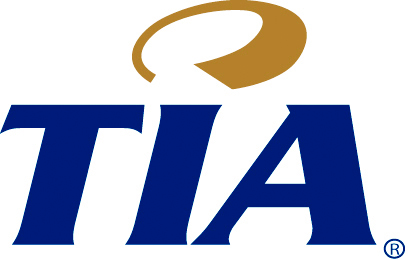Deadhead Mileage: What Is The Real Cost of an Empty Truck?
/All business owners know the perils of hidden costs. For a trucking company, one of the biggest sources of hidden costs comes from driving empty trucks.
The longer you've got an empty truck on the road, the more you have to deal with deadhead mileage issues.
Fortunately, carriers can take several steps to minimize deadhead miles and keep their loads moving.
What Are Deadhead Miles?
When a trucker drops off a load and doesn't have any available freight to bring to other destinations, the truck goes empty in between loads. In other words, the trucker is driving empty miles.
Why Are Empty Miles a Problem?
Deadhead miles create a host of problems for companies that are designed to haul cargo. That's why it's important for company drivers, owner operators, and trucking company leaders to minimize deadhead mileage as much as possible.
Fuel and Upkeep for Empty Trailers
One problem with deadhead miles is that empty trucks still require upkeep. Taking care of a semi truck is a laborious task. Trucks don't care whether they're hauling loads or not; If they're dealing with roadway challenges, they're going to demand to be taken care of.
This means that you have to pay for fuel and deal with wear and tear whether you're making profit or hauling an empty load.
Safety Considerations
Deadhead miles also create major safety concerns for truckers and other nearby drivers, especially during the winter months.
During high winds, trailer sway can become extremely dangerous if that trailer is empty. An empty trailer is far more likely to sway than a trailer weighed down by freight.
Drivers will need to take extra precautions to account for these wind conditions.
Efficiency Loss
The most profitable companies are efficient companies. When companies make the most of their time and routes, they can minimize costs and maximize their profits.
When a driver has to move an empty trailer, however, every deadhead mile means lost money. To run an efficient company and make the most of your time, it's very important to stay plugged into the supply chain as much as possible.
How Companies Can Avoid Deadheading
Fortunately, given the right tools and strategies, it is very possible to avoid the problem of the empty trailer. The key is to be proactive.
Make the Most of Load Boards
When you need to fill an empty trailer, load boards are some of the best tools of the trade. These convenient online job boards are very helpful for keeping the supply chain moving.
That said, you want to make sure that you're making the most of them. This can get tricky because there are a lot of load boards available, and a lot of people have strong opinions about which load boards are the best ones.
Narrowing your choices will depend on your company's needs.
Use Connections Between Shippers and Carriers
Of course, you can't be everywhere at once, and not every company or owner operator has the time to research the best load boards.
Working with truck brokers can help you establish firm connections with shippers when you don't have a lot of time on your hands.
Brokers also make the most of load boards, but the best ones also establish solid relationships with the shippers and carriers they work with.
They want to connect their shippers with excellent, reliable carriers that they can trust to get the job done.
Once you know what to look for in a truck brokerage, you can start establishing that relationship. Your brokerage will quickly figure out which jobs your company does best, and when those jobs come to their attention, they can connect you to them fast.
Look for Dedicated Lane Access
Dedicated lane access can also help you keep cargo in your trailers as such as possible. Having a route you can count on means that you know exactly where your loads are coming from, which can help you save a lot of time. Instead of scrambling for loads, you can narrow your focus and take a lot of the hassle out of the process.
Plus, dedicated lanes often involve regularly-scheduled freight, so you can add more certainty to your part of the supply chain.
Working with a broker can help you here, too. At Pearce Worldwide, for example, our carriers have access to dedicated lanes.
It's not easy to eliminate deadhead miles, but upfront planning can save you a lot of time and money in the long run. Once you build a strategy to keep your trucks full, that strategy can serve you for years.













